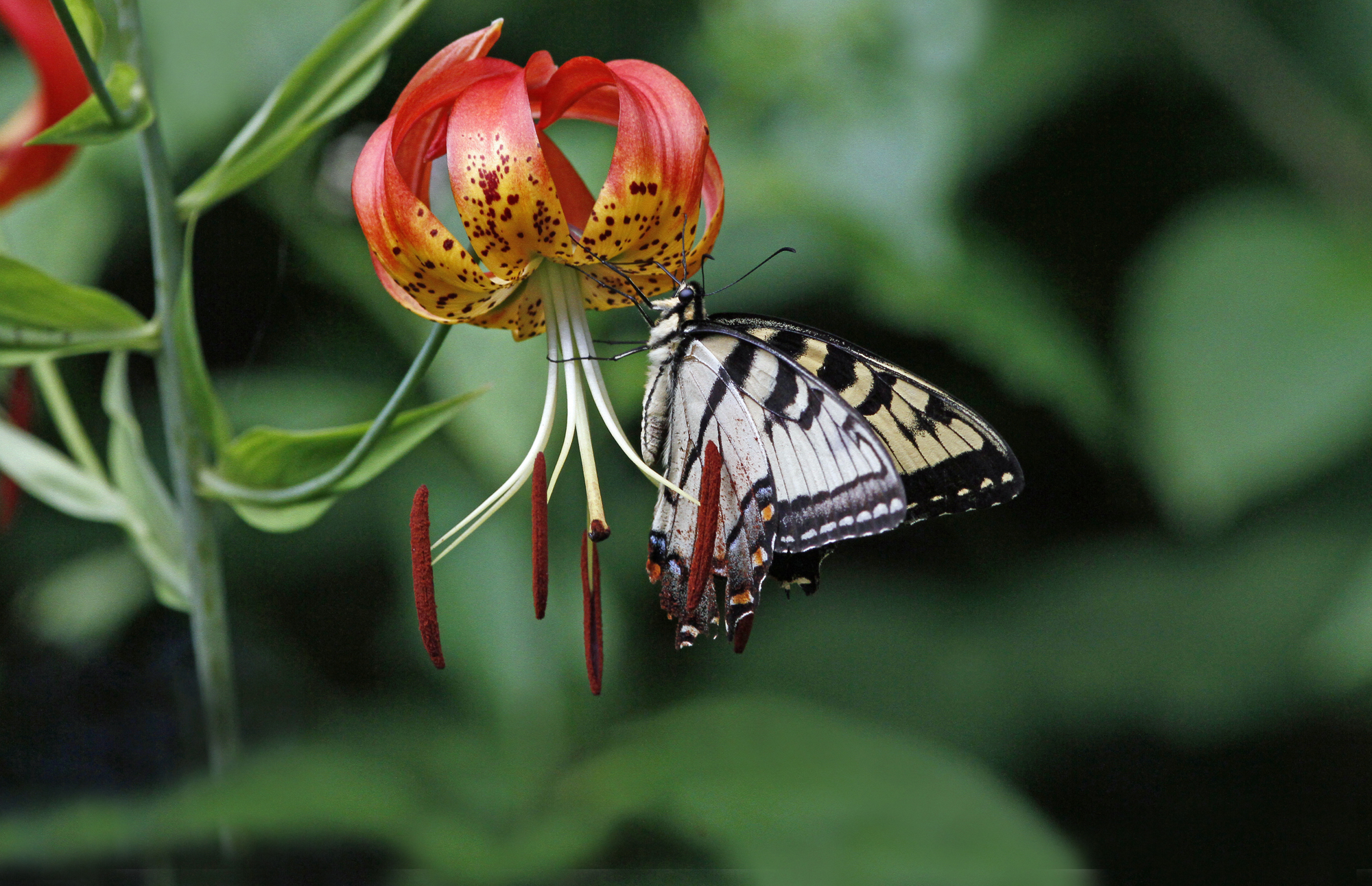2023
Check back often. Program requests come in throughout the year. We continue to add them here.
October 2023
October 10, (Tuesday) — 9:00 a.m. – 4:30 p.m. Ecology-based landscape design program focused on the Atlantic Coastal Plain, titled “Restoration to Garden: Plants and Wildlife in the Atlantic Coastal Plain,” held at the Cape May Point Science Center, Cape May Point, NJ. Pat Sutton will be one of 3 presenters on day 1 (Oct. 10) of this 2-day program (Oct 10 & 11), presenting “Designing Wildlife Habitat: Behind the Scenes.” I am very excited and humbled to be a presenter at this New Directions in the American Landscape series with Larry Weaner, one of my “landscaping with native plants” heroes!
Folks can register for either or both days: Tues. & Wed., October 10 & 11, 2023. Click HERE to learn more about this professional program and to register.
The audience will be landscape professionals including but not limited to landscape designers, landscape architects, horticulturists, and restoration ecologists. All are welcome! Needless to say, I can’t wait to be part of this high-energy learning experience.
CEUs will be available (6 class hours per day), including: Association of Professional Landscape Designers (APLD), International Society of Arboriculture (ISA), Landscape Architecture Continuing Education System (LA CES), and Northeast Organic Farming Association Accredited Organic Land Care Professional (NOFA). Click HERE for CEU details
October 11, (Wednesday) — 10:00 a.m. Pat Sutton presents “The Unfolding of her 44-year-old Wildlife Garden” at Medford Leas, One Medford Leas Way, Medford, NJ 08055, in their Medford Campus Theater. There is no fee, but Medford Leas would like you to register for this program by going to the Medford Leas’ 2023 Fall “Pathways to Learning” guide HERE where you can complete their registration form.
Pat will present this 55-minute “UNFOLDING WILDLIFE GARDEN” episode which includes all four seasons in Pat Sutton’s 44-year-old wildlife garden (as of 2021). This episode showcases Chocolate Cake native nectar plants month-by-month, nearly all of which are also host plants. Spring nectar offerings begin in Pat’s woods, a third of their property that they recovered from invasives in 2009. Summer nectar offerings occur throughout the property, but largely in their sunny perennial garden, which sits entirely on their septic field.
Pat’s study of native pollinators (bees, ornately-patterned flies, wasps, beetles, butterflies, moths, and hummingbirds) is woven throughout this episode. Pat has studied life cycles and life histories of butterflies and moths for the past 40+ years (and more recently those of bees, flies, wasps, and beetles). Life cycles occur on a daily basis in this wildlife garden. The knowledge Pat has gained from life cycles she’s witnessed has greatly influenced how she maintains her wildlife garden. The fragility of insects in all stages of their life cycle is at the heart of Pat’s “hands off” approach. She sees her garden as a safe supermarket and nursery for pollinators. In fussed over gardens (think dead heading, cutting spent stems and seed heads, etc.) the very pollinators drawn in are likely to find themselves in a dead end death trap, where their eggs laid, or feeding caterpillars, or fragile chrysalids are tossed into the trash or brush pile with clipped plant stems and seed heads . . . and none of us want that! A hands off approach leaves more time for study, learning, and joy.
The transition of “cover” provided in this wildlife garden will be showcased, from brush piles in late fall through winter, to robust stands of perennials, trees, shrubs, and vines, including a number of native evergreens. The film will showcase busy water features which draw wintering birds to heated bird baths, and migrants and nesting birds to a whole array of warm-season water features (from misters to fountains to bird baths). The Sutton’s bird feeder array is showcased in conjunction with the fact that they’ve documented over 213 bird species in their yard in the past 40+ years. Viewers will also see how Pat addressed “Privacy LOST” after a neighbor took down a hedgerow of invasives.
During this live, in-person presentation, Pat will be present to introduce the film and to answer questions afterwards.
December 2023
December 13, (Wednesday) — 10:15 a.m. “How and When to Clean Up the Winter Wildlife Garden,” by Pat Sutton
Pat will present this program via ZOOM for the Rutgers Master Gardeners of Somerset County, NJ. With the first frosts many are itching to clean up their wildlife gardens. Pat Sutton will showcase the role still-standing wildlife gardens play all winter long. Come spring overwintering insects that have survived in these safe havens will repopulate our gardens, favored plants will have thrived and multiplied, and unwelcome plants can be spotted and dealt with. Pat will share how she step-by-step cleans up her own 45-year old wildlife garden, as well as many special wildlife-friendly tips, like sparing sizable and sturdy winter plant stems as native bee nurseries.
